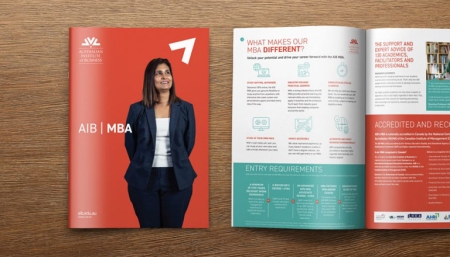3 ways businesses can embrace improvisation

Failure in today’s strategic business world often stems from complacency. It is this sense of contentment that causes organisations to be ill prepared for the realities of our unpredictable business landscape. Those organisations which have equipped their staff and management with the ability to improvise are those which will cope more effectively when crisis situations arise.
While having some sort of written plan and strategy are essential in business, allowing for flexibility is critical; it breathes a sense of realism into such a rigid document. In fact, studies have shown that a paradox exists between strategic business planning and the financial performance of an organisation. The results show that companies perform better for a sustained period of time when they continue to re-visit their approaches and plans – and one way to achieve that is by embracing the art of improvisation.
The following three methods will help to explain how businesses can embrace improvisation in their organisation and contribute to their overall sustainability and success.
1. Embrace an emergent approach to strategy
Embracing an emergent approach to business strategy implies that an organisation encourages curiosity, experimentation, creativity, learning and innovation amongst employees and management alike. A strategy like this aims to develop a flatter organisational structure and break down departmental silos, while also encouraging empowerment and transparency among employees – these are essential ingredients to successful improvisation.
This approach can be achieved by empowering employees with the flexibility to improvise around set objectives, and by initiating activities that encourage collaboration, problem solving and open communication. Working environments can play a large role in the culture of an organisation – one simple way to encourage a more transparent and open working culture is to remove partitions between desks and create a more inviting environment for employees to operate in – this can often help to not only promote collaboration but importantly, idea generation.
2. Educate employees about how to deal with change
It is human nature to avoid situations that push us out of our comfort zone, and it’s the reason why many employees are resistant to embrace change in an organisational setting. This complacent mindset could spell trouble for the success of your business, especially when your competition is able to respond to change quicker than you.
Management can train and educate their employees to handle changes more effectively by purposely creating simulated crisis situations. Management can remove or alter a well-known tool or practise amongst their employees to encourage collaboration and problem solving. While this method can initially evoke feelings of unproductivity, chaos and frustration, those who decide to embrace the challenge will learn the skills to respond better in the event of a real crisis. With practise and support from management, simulated crisis situations such as these can help to build staff competencies and their willingness to embrace improvisation.
3. Trust and empower your employees
Employees often respond positively to a working culture free from strict control and red tape. Bureaucracy not only breeds frustration amongst many employees but can leave them feeling micromanaged and untrusted to improvise. Empowered employees feel as though their ideas are welcomed and are often more confident to challenge existing practises and go against the status quo. Questioning and debate should be encouraged in the workplace as it can lead to creativity and innovation – ideas that can improve current working practises, minimise expenses and strengthen the relational value of an organisation.
What do you think?
What are your views on embracing improvisation? I’d love to hear how you’ve implemented or experienced improvisation in your workplace, and any other advice you can give to readers.
This article was written by Tina Beatrice on behalf of the Australian Institute of Business. All opinions are that of the writer and do not necessarily reflect the opinion of AIB.




